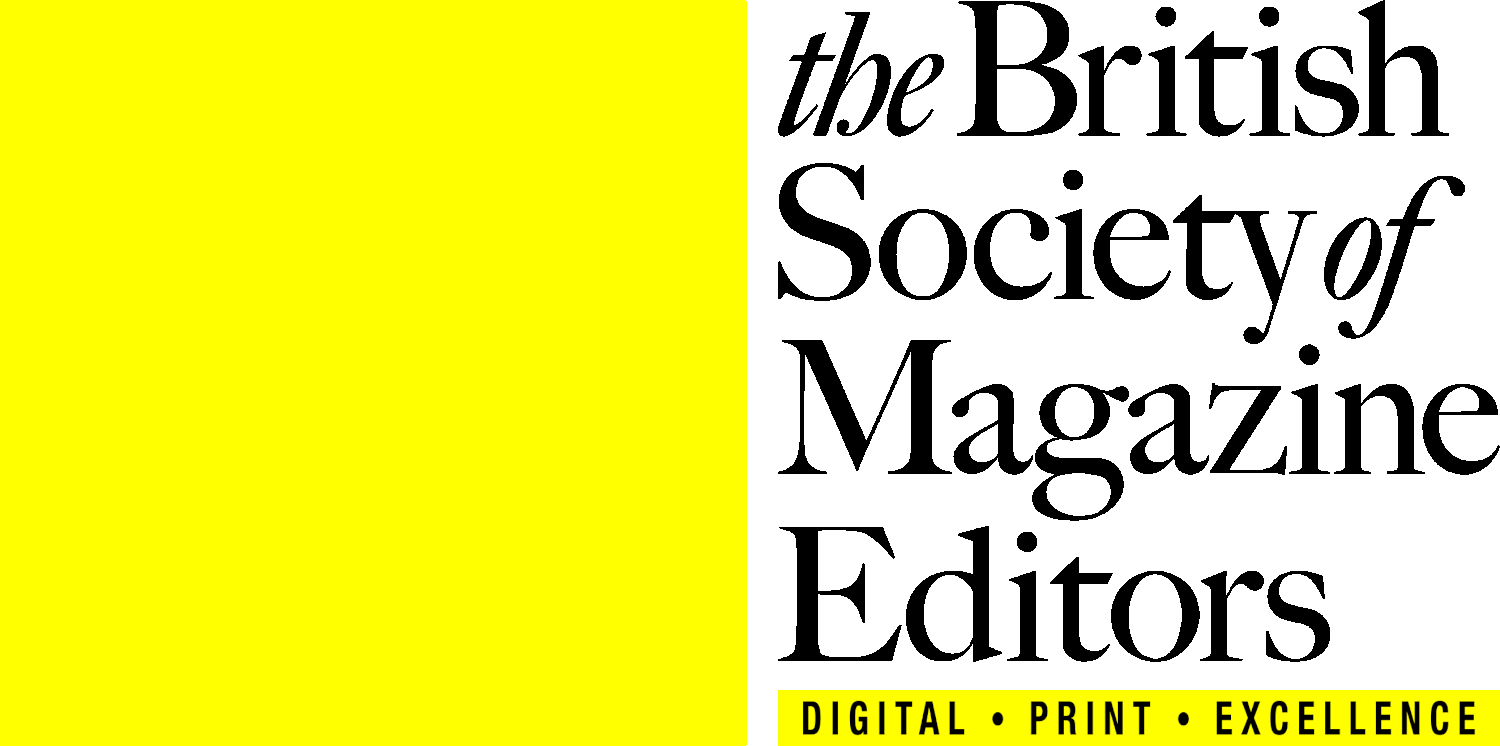Marie Claire’s Editor-in-Chief Andrea Thompson and Features Editor Jenny Proudfoot spoke to students about careers in journalism.
Andrea Thompson, Editor-in-Chief at Marie Claire, and Jenny Proudfoot, Features Editor at the same title, gave a virtual lecture to students at the University of Hertfordshire. During the webinar, organised through the BSME Education initiative, in association with Readly, the two colleagues interviewed each other and touched on a number of topics — from the digital revolution in media to the skills young journalists should develop.
Here are some of our key takeaways, summarised by Angela Locatelli, Editorial Admin Assistant, APL Media.
Your first break may not be what you want
Andrea’s first job was at Ideal Home magazine. “I was in my early twenties, I had little interest in homes at the time, but sometimes you have to do a side step or slightly compromise,” she said. In fact, it was thanks to the experience gained at other titles that she eventually got her dream job. “I would have loved to get my first role at Marie Claire, but often you have to gain the experience at other titles first and then come back to the place where you really want to work.”
Persevere to get into the industry
“When I decided I wanted to be a magazine editor, no one believed me,” said Jenny. “It’s a very difficult industry to break into, but it’s not impossible. If you really want to get in there you can, the first hurdle is not listening to those voices and going for it, sending out hundreds of applications a month, persevere.”
Get a job with tight deadlines
Andrea’s advice is to spend some time working on a daily title — whether it’s a print newspaper or a digital platform. “I spent almost five years at the Daily Mail, and it was the best training I ever had,” she said of having to work to tight deadlines. “It makes you work at such an intense level that, afterwards, you’re really well equipped to survive other media environments. I moved on to Grazia afterwards, which was fast-paced too but I felt really equipped for the pace.”
Digital journalism is reactive
Marie Claire became a digital-first brand in late 2019. “Now we’re truly reactive, everything is happening in real-time, there’s a daily turnover of stories alongside the more long-term events and campaigns,” said Andrea when asked about the change. “What I really like is being able to see what our audience thinks of our content in real-time, adapt and change,” she continued. “I find it really exciting. Feeling part of that daily news cycle is one of the best parts for me.”
The benefits of going digital
The Covid-19 outbreak has accelerated the digital revolution in the sector, and there are positive sides to the shift. “More and more brands are putting their money into digital platforms, events, and innovative new ways their audience can experience and interact with their brands,” said Andrea. “What happened this year has accelerated some of the very good things that were already happening.”
Soft skills are crucial…
What does Andrea look for in candidates? “For me, it’s often about the soft skills and character traits,” she said. “Being open to trying out new ways of working, taking the initiative, and adapting quickly to new processes are all great attributes,” she added. As for hard skills, she looks for great writers and multimedia journalists with solid SEO knowledge who can also turn their hands to interviewing, commissioning, and editing copy on a daily basis.
… and so are communication skills
“Writing skills are obviously important, but I had no idea going into the industry how important people’s skills in communication would be,” said Jenny. “You’re around people the whole time — you’re brainstorming, you’re having meetings with senior people, you might go and speak to a PR or go to events by yourself and have to network and make contacts of your own.”
Be vocal about your wishes
“If you want something, ask for it,” said Jenny, who asked for her last two promotions at Marie Claire. When she felt ready to progress in her career, she found a role she wanted that didn’t exist yet and talked to her colleagues about it. “I did my research, presented my case and my team agreed,” she explained.
Don’t be scared to share your thoughts
“Once I’d got my foot in the door, my bosses would bring me into meetings and ask for my opinion,” said Jenny. That can be quite a daunting prospect for someone just starting out in their career, she continued. While it’s easy to sit back and be silent, be sure to speak up. “It’s the perfect time to add value and just work really hard, find some kind of angle that no one else has thought of yet,” she added.
Write diverse content as early as you can
“Back when I started, I was doing research for pieces of content and transcribing, but I was also allowed to write news stories,” said Jenny, who started her career at Marie Claire five years ago. “If you’re in your first position, ask to write a variety of content,” added Andrea. “Never be afraid to ask for more, for things just outside your comfort zone. The more you show you can do, the better — and that starts very early on.”

